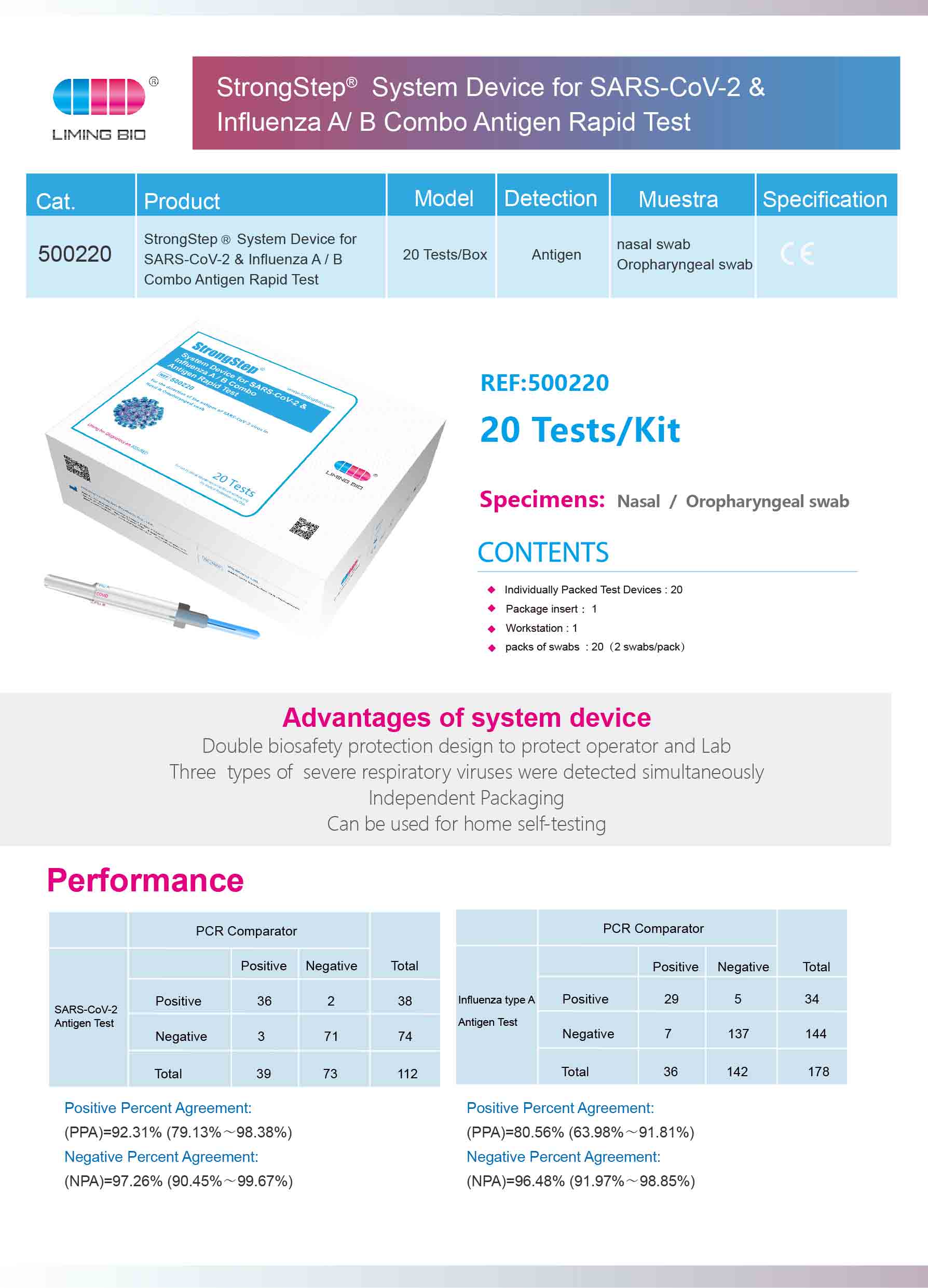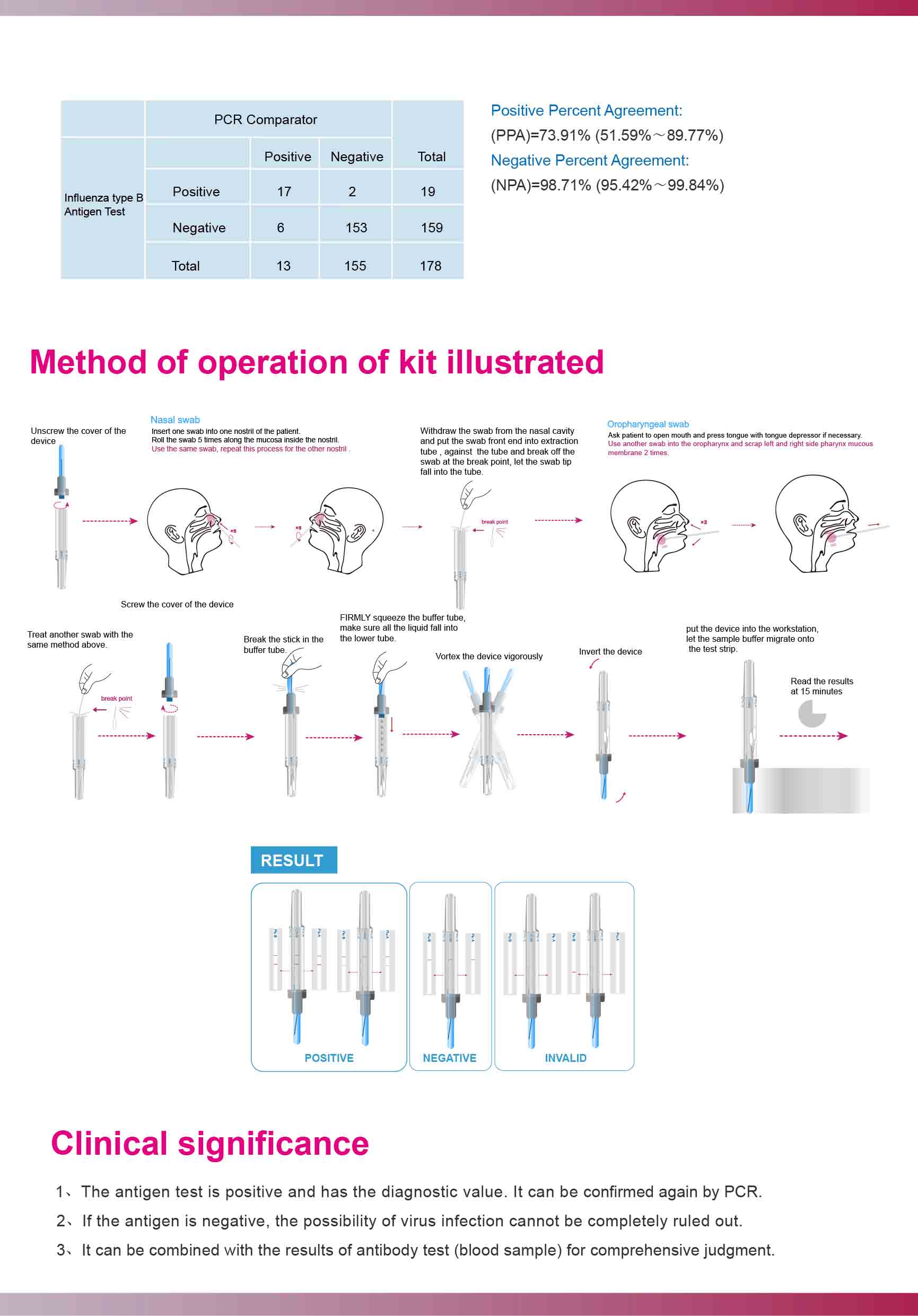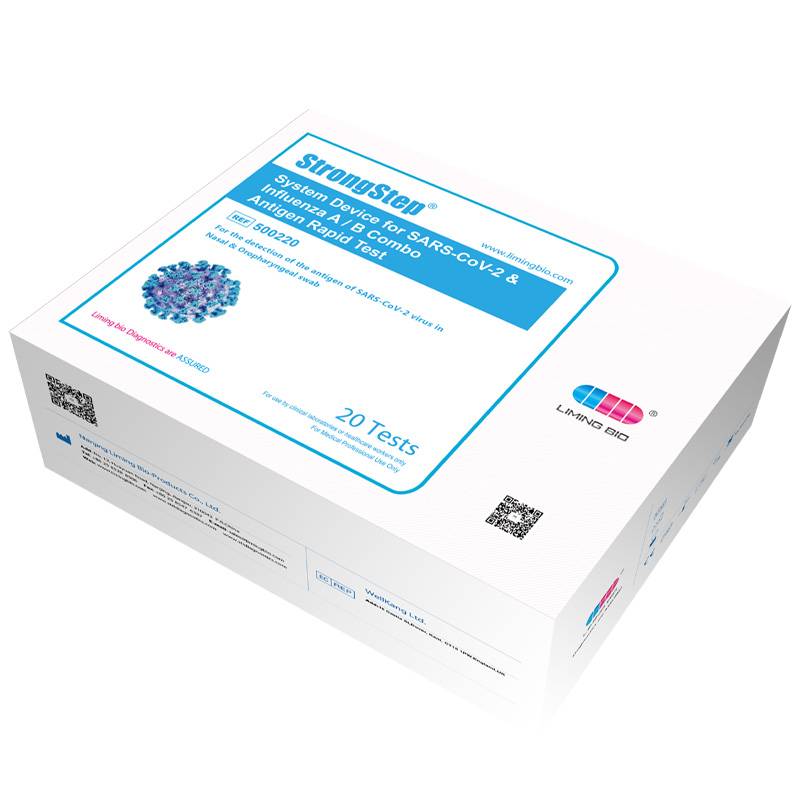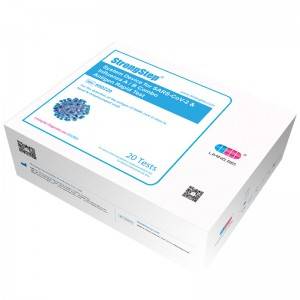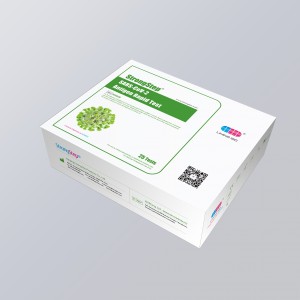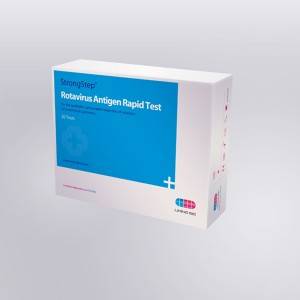System Device for SARS-CoV-2 & Influenza A/B Combo Antigen Rapid Test
The novel coronaviruses belong to the β genus. COVID-19 is an acute respiratory infectious disease. People are generally susceptible. Currently, the patients infected by the novel coronavirus are the main source of infection; asymptomatic infected people can also be an infectious source. Based on the current epidemiological investigation, the incubation period is 1 to 14 days, mostly 3 to 7 days. The main manifestations include fever, fatigue and dry cough. Nasal congestion, runny nose, sore throat, myalgia and diarrhea are found in a few cases.
Influenza is a highly contagious, acute, viral infection of the respiratory tract. The causative agents of the disease are immunologically diverse, single-strand RNA viruses known as influenza viruses. There are three types of influenza viruses: A, B, and C. Type A viruses are the most prevalent and are associated with most serious epidemics. Type B viruses produce a disease that is generally milder than that caused by type A. Type C viruses have never been associated with a large epidemic of human disease. Both type A and B viruses can circulate simultaneously, but usually one type is dominant during a given season.
